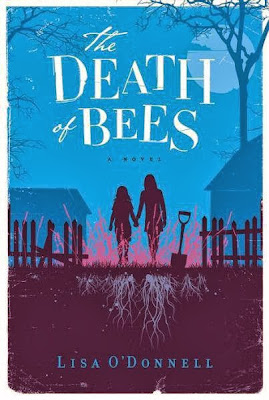8 KINDS OF WRITING
ACADEMIC WRITING
ACADEMIC WRITING COURSE
ACADEMIC WRITING FROM PARAGRAPH TO ESSAY
EMAIL ENGLISH
GREAT WRITING 2 GREAT PARAGRAPHS
PARAGRAPH WRITING
PRACTISE WRITING
READING & WRITING TARGETS 1
READING & WRITING TARGETS 2
READING & WRITINGTARGETS 3
REAL WRITING
SUCCESSFUL WRITING INTERMEDIATE
SUCCESSFUL WRITING PROFICIENCY
SUCCESSFUL WRITING UPPER INTERMEDIATE
TEACHING WRITING SKILLS
WRITING ACADEMIC ENGLISH
WRITING FROM WITHIN
WRITING SENSE
WRITING WITH POWER
ENJOYYYYYYYYYYYYYYYYYYYYYYYYYYYYYYYYYYYYYYYYYYYY!
And Blessed Are The Ones Who Care For Their
Fellow Men!

































